Carpet around fruit trees
Cyndy
10 years ago
Related Stories

EDIBLE GARDENSHow to Grow 10 Favorite Fruit Trees at Home
Plant a mini orchard in fall, winter or early spring to enjoy fresh-off-the-tree fruit the following year
Full Story
MOST POPULARHow to Get Rid of Those Pesky Summer Fruit Flies
Learn what fruit flies are, how to prevent them and how to get rid of them in your home
Full Story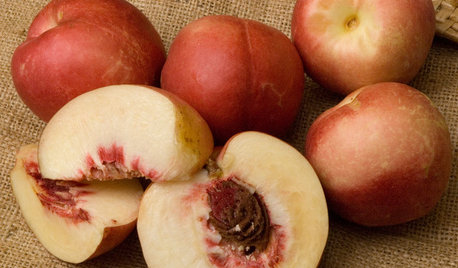
EDIBLE GARDENSGrow Plum Hybrids for Your Favorite Fruit Flavors
Plums are cozying up with apricots, peaches and even cherries — here’s how to grow these hybrids for the best aspects of each
Full Story
TRAVEL BY DESIGN11 Amazing Home-Away-From-Home Tree Houses Around the World
Go climb a tree — and spend the night. Tree house hotels and lodges are booming as exotic vacation alternatives
Full Story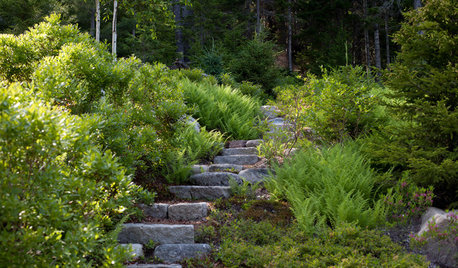
GARDENING GUIDESGreat Design Plant: Grow Blueberries for Their Fruit and More
Eastern gardeners should consider growing blueberry plants for their delicious fruits, bee-friendly spring blooms and brilliant fall foliage
Full Story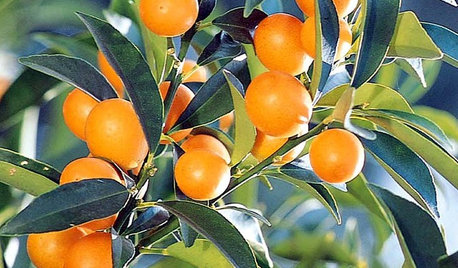
FALL GARDENING5 Fall Fruits You Can Grow in Containers
Brighten your porch or patio with a potted pomegranate, kumquat, blueberry bush or another great fall fruit
Full Story
Fruit Displays Sweeten Summer Interiors
Eating the rainbow takes on a new meaning in these seasonally inspired fresh fruit accents
Full Story
ENTERTAININGEye-Catching Centerpieces Beyond Flowers and Fruit
Use your imagination to create a tableau that reflects your surroundings, creates dramatic tension or elicits surprise
Full Story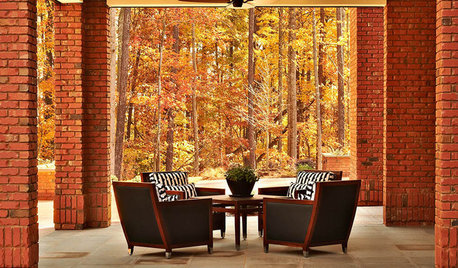
ARCHITECTUREGet a Perfectly Built Home the First Time Around
Yes, you can have a new build you’ll love right off the bat. Consider learning about yourself a bonus
Full Story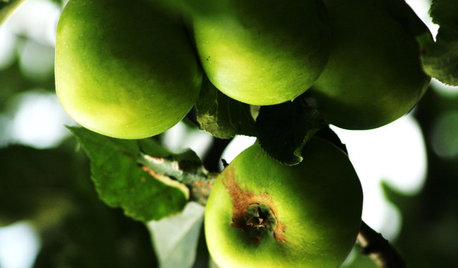
EDIBLE GARDENSHow to Add an Apple Tree to Your Edible Garden
Readily available, beautiful and fragrant, apple trees offer four-season interest along with crisp, juicy fruit
Full StoryMore Discussions


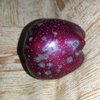
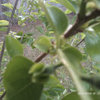
fruitnut Z7 4500ft SW TX
CyndyOriginal Author
Related Professionals
Allen Landscape Architects & Landscape Designers · Suffern Landscape Architects & Landscape Designers · Frisco Landscape Contractors · Edinburg Landscape Contractors · Fair Oaks Landscape Contractors · Framingham Landscape Contractors · Hollywood Landscape Contractors · Marlborough Landscape Contractors · Middletown Landscape Contractors · Mount Sinai Landscape Contractors · Point Pleasant Landscape Contractors · South Lyon Landscape Contractors · Vacaville Landscape Contractors · Wallingford Landscape Contractors · North Hills Landscape Contractorscopingwithclay
fruitnut Z7 4500ft SW TX
CyndyOriginal Author
strudeldog_gw
Kippy
alan haigh
Charlie
fruitnut Z7 4500ft SW TX
MrClint
copingwithclay
alan haigh
MrClint
alan haigh
MrClint
curtis
copingwithclay
alan haigh
CyndyOriginal Author
olpea
MrClint
alan haigh
MrClint
copingwithclay
alan haigh
MrClint
olpea
alan haigh
mrsg47
alan haigh
drew51 SE MI Z5b/6a
drew51 SE MI Z5b/6a
alan haigh
Kippy
mrsg47
tim45z10
drew51 SE MI Z5b/6a
alan haigh
mes111
copingwithclay
mes111
eboone_gw
mes111
alan haigh
lcramey1